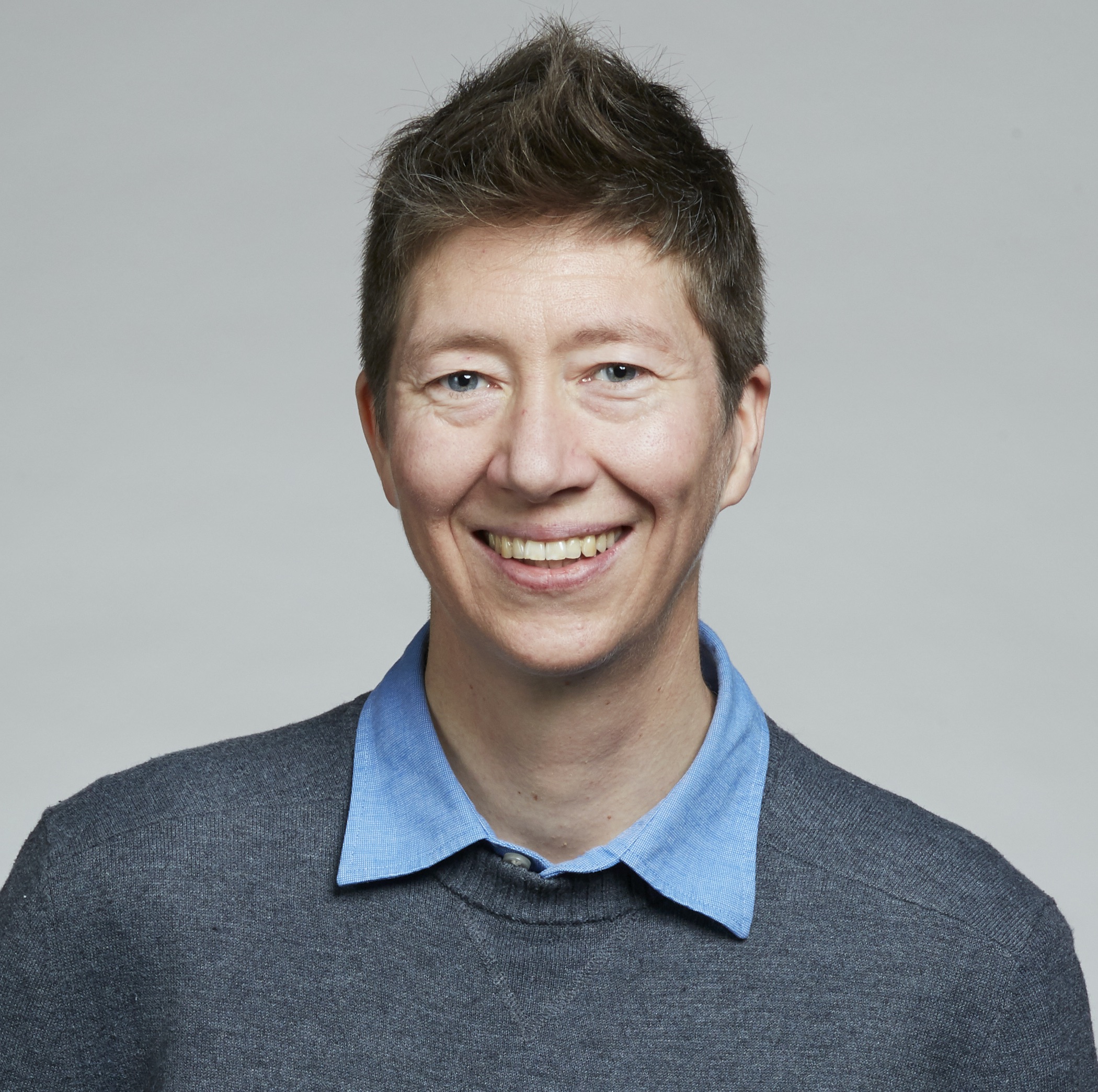Department of Physics Equality, Diversity and Inclusion stories

Dr Kali Wilson
Royal Society University Research Fellow and Strathclyde Chancellor’s Fellow, Experimental Quantum Optics and Photonics Group
I joined the University of Strathclyde Physics department in Jan 2021, with a Royal Society University Research Fellowship. I first moved to the UK in 2015, for what was meant to be a two-year postdoc, met my wife 9 months later, and never moved back home. Sinead is also an academic, and so we embarked on a 4-year crusade to solve our two-body problem, finally finding the loosely bound solution of Strathclyde and Edinburgh. Managing two big science careers (plus cats!) in a single household is challenging, but also a lot of fun. The flexibility of the department and academic hours mean that I have the option to work from home one day a week to ease some of the commute.
Over the past four years, I’ve benefited from the support of colleagues who have helped me launch my research programme, provided advice and mentoring, loaned kit, or just been up for a coffee and a chat. There is a core group within the department who make a strong effort to create a friendly and inclusive environment, and there is general departmental support for grass-roots initiatives. For example, we are currently implementing a pilot scheme for departmental LGBTQ+ Allies, informed by a recent LGBTQ+ focus group.
At the same time, I’m female and queer, in a department where academic staff are overwhelmingly male and straight, so I feel a sense of responsibility to be representation for our students on multiple fronts, and to be public with my queer identity. I also find myself translating or explaining the LGBTQ+ experience to my colleagues. For example, why sharing your pronouns is helpful even if you’ve never been misgendered in your life, especially for creating a trans-inclusive department. Representation is important, but being that representation takes time and energy, and it is a bit lonely to be in a professional community that is overwhelmingly cis, heterosexual, and male. I’m hopeful this may change as the current cohort of students and postdocs filter upwards.